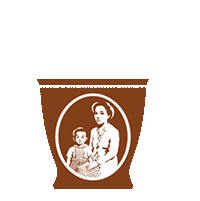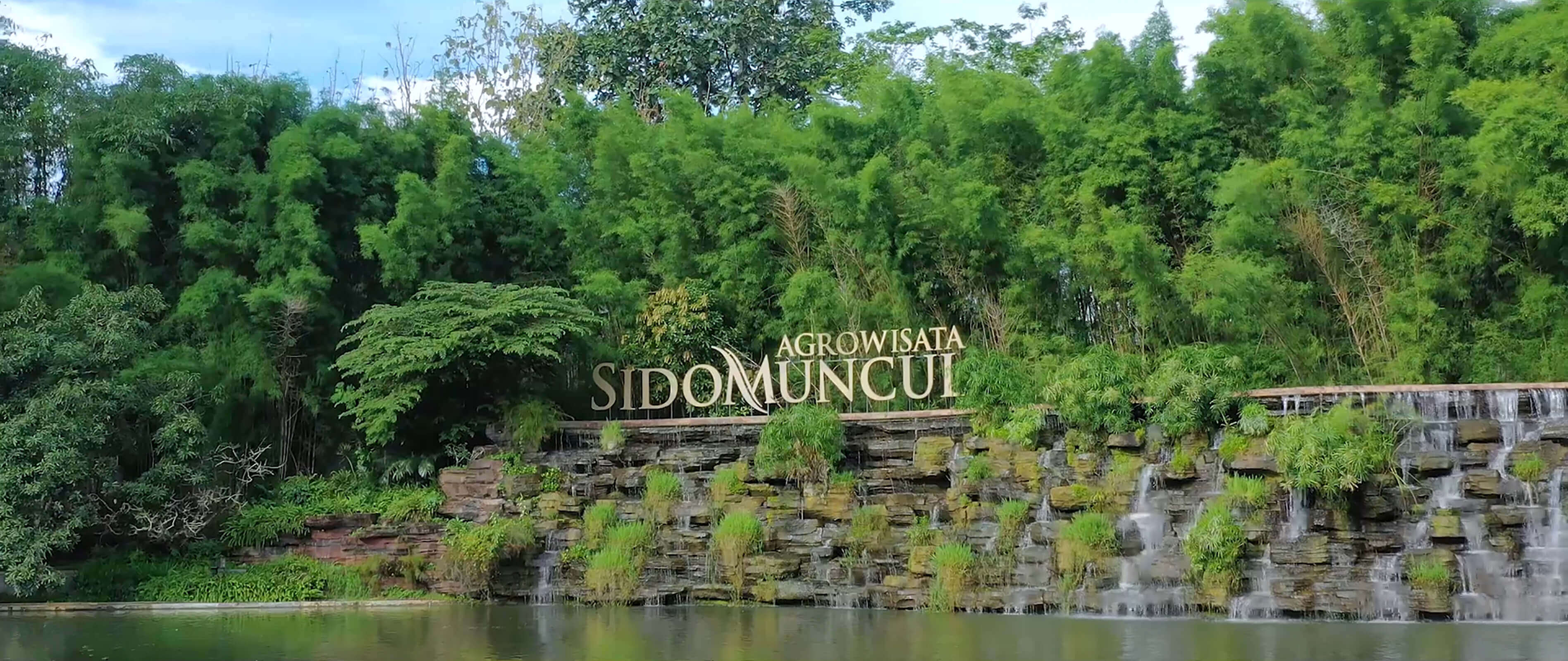
Loading...

Loading...
Sido Muncul's Agritourism Area is aimed to create a collection of medicinal plants and conserve germ plasms, especially rare or endangered plants. Most of our collection consists of medicinal plants used as ingredients in jamu production while the remainder are naturally grown plants.
Opened in 1999, the Agritourism Area was initially intended as a botanical garden for medicinal plants. Later on, we redesigned and beautified the area to attract visitors. The Agritourism Area is officially designated as an agritourism attraction that houses medicinal plants: one where park amenities are designed in such a way to be seamless with its collection.

The Sido Muncul Agritourism Area is located at the Sido Muncul Plant, Jl. Soekarno Hatta, Desa Diwak, Kecamatan Bergas, Kabupaten Semarang, Jawa Tengah. It covers a 3-hectare plot and is mostly flat at an elevation of 440 metres above sea level.
The Sido Muncul Agritourism Area houses approximately 400 plant species, including introduced species from abroad, such as the purple coneflower (Echinacea purpurea), bindii (Tribulus terrestris), peppermint (Mentha piperita), and milk thistle (Sylibum marianum).
The Agritourism Area is also home to 154 animals across 52 species, such as:
In 2011, the Ministry of Forestry granted a permit to the Agritourism Area to operate as a Conservation Institution for animals.
As a tourist attraction, the Sido Muncul Agritourism Area receives 5,000 visitors per month. Visitors are not charged any entrance fees since agritourism is part of Sido Muncul’s CSR outreach to educate students and the public.